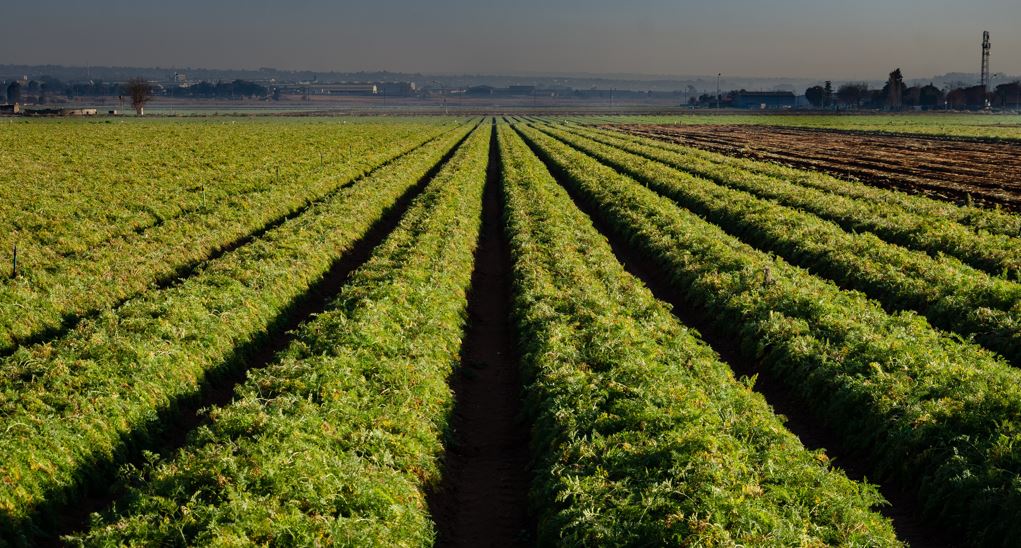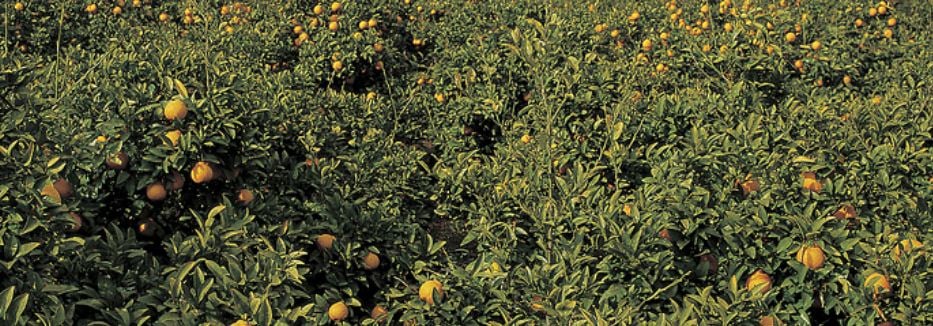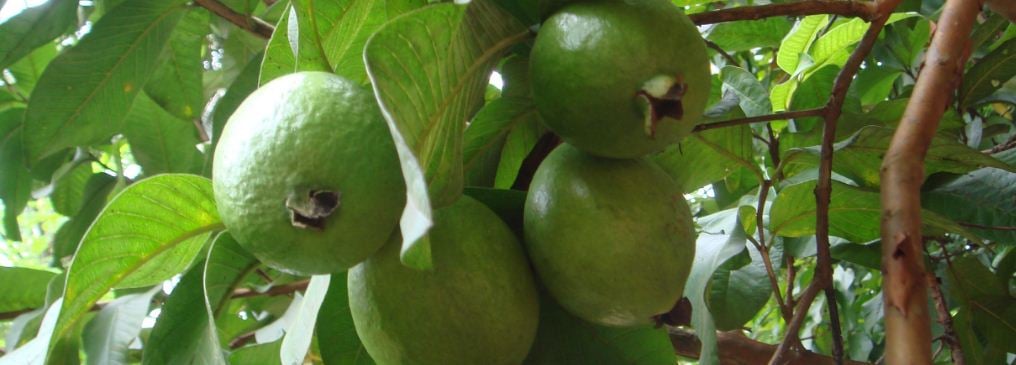How to Establish a Profitable Hibiscus Farming Business

With hibiscus farming, you can reap the benefits of a profitable agricultural venture with a beautiful, versatile flower. Hibiscus is a trendy flower, and its uses range from being used as a tea, natural dye, and even an ingredient in drinks and food. With its vibrant colors and fragrant aroma, Hibiscus will surely bring pleasure to customers worldwide.
23 Ways How to Start a Lucrative Hibiscus Farming Business
To begin a profitable hibiscus farming venture, conduct thorough market research to identify potential buyers and their preferences. Secondly, select a suitable location with adequate sunlight, water, and soil fertility, and acquire the necessary equipment and resources to start planting.
Not only that, but it's also low maintenance, making it the perfect crop for new farmers looking for a profitable venture.
1. Research your market:
Starting a hibiscus farm can be an exciting and profitable venture for entrepreneurs. However, it is essential to do the necessary research before starting. Finding individuals or businesses interested in purchasing hibiscus flowers, including tea manufacturers, cosmetic companies, and those working with natural dyes, is crucial to success. Knowledge of the demand for hibiscus flowers can assist in formulating effective business strategies.
2. Choose the right location:
Hibiscus plants require a specific combination of warmth and humidity to thrive, as well as well-drained soil and plenty of sunshine.
It's crucial to find an area with good irrigation, fertile soil, and access to labor and transportation if necessary. With the right environment, Hibiscus can flourish, bringing a beautiful burst of color to any garden.
3. Invest in equipment and infrastructure:
Investing in the right equipment is essential for success in hibiscus farming and agricultural operations. Whether running a small family farm or a large-scale commercial operation, having the right equipment can help you save time and money.
You may also need to build infrastructure such as greenhouses or processing facilities. Make sure you budget for these expenses and consider financing options if needed.
Several pieces of equipment and tools are used in hibiscus farming to ensure successful growth and harvesting. Some of the necessary equipment includes:
(a). Land preparation tools:
Agriculture is the most essential industry in any society. Agriculture is a broad term that includes planting, cultivating, rearing, and harvesting food crops and livestock to provide food for the population.
(b). Irrigation equipment:
Irrigation systems are essential for healthy hibiscus plant cultivation. They ensure moisture is always available for the plants and the soil never dries. Regarding watering plants, sprinklers, hoses, and drip irrigation systems are the most common options. The purpose of these systems is to assist in watering plants and maintaining optimal soil moisture balance.
(c). Pruning shears:
Pruning Hibiscus flowers a few times annually is crucial in ensuring their health and aesthetic appeal. Although pruning by hand is typical, these tools make it more effortless and secure.
(d). Fertilizer applicators:
Fertilizers help improve the health and yield of lawns, plants, and crops. They also aid in environmental management and remediation. The application of fertilizer depends on soil nutrients that vary from region to region.
(e). Harvesting equipment:
There are many ways to propagate and grow hibiscus flowers, with some being safer than others. Pruning shears remove unwanted branches from the plant, and gloves prevent the spread of harmful chemicals. Baskets are for collecting loose flowers or flowers that have begun to die and spread seeds.
(f). Storage equipment:
Hibiscus flowers have dozens of uses in cocktails, teas, and even jam. People commonly grow them in their residences or balconies, also available online. The standard practice is to sell them by weight while enclosing them in a safe, reusable plastic package.
(g). Pest and disease control equipment:
The impact of bugs and illnesses on plants can be substantial. To prevent or at least limit the injury, it is necessary to use safe and effective products such as pesticides.
(h). Shade nets:
Hibiscus plants are beautiful, vibrant flowers that can be seen worldwide in different shapes and sizes. Flowers and foliage can be affected by excessive sunlight, so they need to be protected. The purpose of these coverings is to shield the hibiscus plants from excessive sunlight, as it may damage the flowers' appearance.
(i). Mulching equipment:
Mulch films are an affordable, easy-to-use solution for improving your garden soil. Their composition includes various materials such as leaves and hay. By sustaining moisture, these objects prevent soil from drying out and curb weed proliferation.
(j). Transport equipment:
Flowers are an essential part of every culture. In the United Kingdom, you can decorate different flowers, such as roses, tulips, gardenia, and dahlias. Flowers are also sometimes used to create a unique flavor in cooking and making tea.
(k). Trowel:
A spade is an essential gardening tool for many types of soil. You can use it for digging small holes for planting seedlings, making soil amendments, and other small gardening tasks. However, you can still use it to dig up large rocks or move deep-rooted plants.
(l). Garden gloves:
Garden gloves are an invaluable tool when working in the garden. They protect your hands from thorns and other hazards while providing a comfortable grip on objects. These garden gloves are perfect for pickers, pruners, and more to help them work with ease.
(m). Plant labels:
Hibiscus flowers are a beautiful and fragrant flower that grows in many colors. They are used in floral arrangements and centerpieces to create a stunning effect and add to dried flower arrangements.
(n). Wheel hoe:
A hand-operated tool is a straightforward machine with a wheel with several attachments, such as a plow, cultivator, and hoe. The function of this tool includes soil preparation, eradication of weeds, and planting vegetation. It's suitable for an organic garden or small farming project because it doesn't require electricity. The best hand-operated tools are durable and easy to use.
4. Decide on your farming method:
Growing Hibiscus can be a rewarding experience, regardless of your chosen method. Whether you opt for conventional or organic farming methods, there are factors to consider, such as cost and time investment.
Choosing which method to use should be based on your values and goals. With either option, the rewards of growing Hibiscus can be plentiful!
5. Obtain necessary permits and licenses:
Starting a hibiscus farm can be an exciting venture, but there are specific permits and licenses you must obtain depending on your location. You must check with your local government to ensure you comply with all regulations.
You must do so to avoid being fined or shutting your business. Understanding the rules and regulations allows you to run your hibiscus farm smoothly and legally.
6. Purchase high-quality seeds or seedlings:
When looking for the right supplier for hibiscus seeds or seedlings, choosing one that is reputable and offers high-quality products is essential. It is also important to look for disease-resistant varieties suited to your climate.
A reputable supplier can provide the best quality products to give you a healthy, vibrant garden of hibiscus plants.
7. Plant and care for your hibiscus plants:
Planting and caring for hibiscus plants is a rewarding experience. Your plants' correct planting and care are crucial for their overall health and welfare, including fertilizing, pruning, and pest control. With proper care and attention, your hibiscus plants will provide years of colorful blooms that will bring beauty to any garden.
8. Harvest and process your hibiscus flowers:
Harvesting hibiscus flowers is a rewarding experience, as the vivid colors and delicate petals can be used to craft a wide range of products. By harvesting when they are fully mature and have a rich color, you can ensure your Hibiscus retains its vibrant hue.
Knowing when and how to harvest hibiscus flowers is essential for those looking to enjoy their maximum flavor and nutritional content. Harvesting too early or too late can result in inferior products, so it's necessary to understand the timing of this process and know when it's time to pick.
After harvesting, you can dry the flowers in the sun or with a dehydrator to preserve them for later use. Storing them in a cool and dry area will maintain their freshness for crafting or decorating intentions.
9. Market and sell your hibiscus flowers:
Developing a sound marketing strategy is essential to reach potential buyers and convert them into customers. Employing a website or social media account can aid in marketing your product. A well-designed website with compelling language and visuals can encourage customers to purchase.
Leverage social media and other online avenues to spread the word about your business and communicate with potential customers. Building a loyal customer base can be critical to the long-term success of your business.
Building a solid online presence can be crucial for the success of your hibiscus farming business. It may involve:
-
Developing a webpage that highlights your merchandise and offerings.
-
Engaging with customers through social media.
-
Leveraging online marketplaces to expand your customer base.
Employing digital marketing tactics, such as SEO and PPC ads, can increase your online visibility and attract a more extensive customer base to your business. Keeping abreast of the most recent digital marketing innovations and strategies is vital to guarantee that your online presence is captivating and appealing to your target audience.
10. Consider value-added products:
Hibiscus flowers are a beautiful and popular plant with many uses. Creating value-added products such as hibiscus tea, jam, or syrup can increase your revenue and give your business a unique advantage. These products can help you stand out in the marketplace, attract more customers, and build customer loyalty.
11. Understand your competition:
Hibiscus farmers must stay informed about what other farmers in their area are doing to stay ahead of the competition. Analyzing the cost, excellence, and promotion techniques of comparable merchandise can reveal untapped prospects in the market. To make your farm unique and exciting, consider offering something that sets it apart.
Through this research, hibiscus farmers can gain insight into how to price their products best, maintain a high level of product quality, and maximize their reach with successful marketing techniques.
12. Develop relationships with buyers:
Building solid relationships with potential hibiscus buyers is essential for any business looking to succeed in this kind of business. As a hibiscus producer, it is vital to establish relationships with hibiscus tea manufacturers, natural health stores, and restaurants that can provide a market for your product.
Show them the value of your product by offering samples and being responsive to their needs and feedback. By doing so, you will create a positive relationship that will help both parties achieve success in their respective businesses.
13. Continuously improve your product:
Staying ahead of the competition requires a continuous effort to evaluate and improve your product. By listening to customer feedback and incorporating it into your product, you can ensure it meets the market's needs. It will help you stay competitive, as well as increase customer satisfaction.
14. Stay up to date on regulations:
Farming and food production regulations can vary significantly depending on your location. It is essential for farmers, especially those involved in hibiscus farming and processing, to stay up to date on the regulations and requirements for their area.
It can help ensure their business operations comply with local laws and provide their customers with safe, high-quality food products.
With the proper research and knowledge, hibiscus farming practices can comply with all relevant laws, which includes obtaining any necessary permits or licenses, meeting food safety standards, and following environmental regulations.
15. Network with other farmers:
For hibiscus farmers, networking and connecting with other industry professionals is critical to success. Farmers can gain access to knowledge and resources through local farming organizations and industry events to help them grow their businesses. By joining these groups and attending events, they can connect with other hibiscus farmers who share their passion for the craft.
16. Manage your finances carefully:
Starting a hibiscus farming business can be expensive, so managing your finances well is essential. A well-crafted budget can help you spend your money wisely and help keep your expenses in check.
One practical approach to handling your finances is keeping track of your expenditure and seeking guidance from a financial specialist, such as an accountant or financial advisor. With careful planning and smart budgeting, starting a hibiscus farming business can be attainable and profitable.
17. Use sustainable farming practices:
Organic and sustainable farming methods are becoming increasingly popular to reduce our environmental impact and grow healthy, nutritious plants. Farmers can reduce their reliance on chemical fertilizers and pesticides by using these methods while still producing high-quality crops.
They also have the added benefit of being more cost-effective in the long run. By adopting sustainable practices like crop rotation, using natural fertilizers and pesticides, and conserving water and energy, you can reduce your environmental impact and appeal to customers who prioritize sustainability.
Consider seeking certifications or labels that recognize your commitment to sustainability, such as organic or fair trade certifications. By incorporating sustainability into your business practices, you can improve your hibiscus farming business's long-term viability while contributing to a healthier planet.
Consider planting native plants or creating habitats for local wildlife to support the local ecosystem and promote biodiversity. By prioritizing sustainability and environmental responsibility in your hibiscus farming business, you can create a more resilient, long-lasting
18. Conserve water:
Water is a precious resource and one of life's most essential ingredients. Taking care of hibiscus plants requires regular watering; however, it is necessary to use water efficiently to conserve it.
Fortunately, several water-saving techniques, such as drip irrigation and other methods, can help minimize water usage while caring for your hibiscus plants.
19. Reduce waste:
Being mindful of our environment and reducing waste should be a priority for all businesses. There are numerous ways to reduce your business's environmental impact, such as composting plant material or recycling packaging materials. Not only can this help you do your part in preserving our planet, but it can also save you money on waste disposal costs.
20. Create a unique brand identity:
Creating a memorable brand name, logo, and visual identity is essential for any business looking to stand out. As an owner of Hibiscus Farm, you should aim to produce high-quality, unique, creative products. Your brand name, logo, and visual identity should be designed to reflect this commitment to excellence and will help customers quickly identify our products on the shelf.
21. Provide excellent customer service:
Every business wants to build a loyal customer base and establish a positive reputation. Providing excellent customer service can help you achieve this.
We must swiftly attend to customers' concerns and queries and guarantee their contentment with their interaction. Adopting this approach will bolster your customers' trust in you, assuring them that your offerings are of high caliber.
22. Offer promotions and discounts:
Promotions and discounts are proven to increase sales and customer loyalty. Whether it's a buy-one-get-one-free offer or a percentage off, these incentives can entice customers to try new products and make purchases. One way to enhance brand awareness is by providing discounts or exclusive promotions, as contented customers are likely to spread the word among their acquaintances.
By implementing these marketing and sales strategies and producing high-quality hibiscus products, you can build a successful hibiscus farming business that meets your customers' needs and generates a steady income.
23. Invest in Technology:
Investing in technology and equipment is becoming increasingly crucial in hibiscus farming. By investing in quality tools and equipment, farmers can increase the efficiency and productivity of their operations.
It includes irrigation systems, harvesting tools, or software for managing inventory and tracking growth. By adopting new technologies and equipment, you can reduce labor costs, increase yields, and improve the overall quality of your products.
In conclusion, running a successful hibiscus farming business requires careful planning and management. To succeed, farmers must have a strong business plan that outlines their operation's goals and a financial plan to ensure they have the funds to invest in their process.




